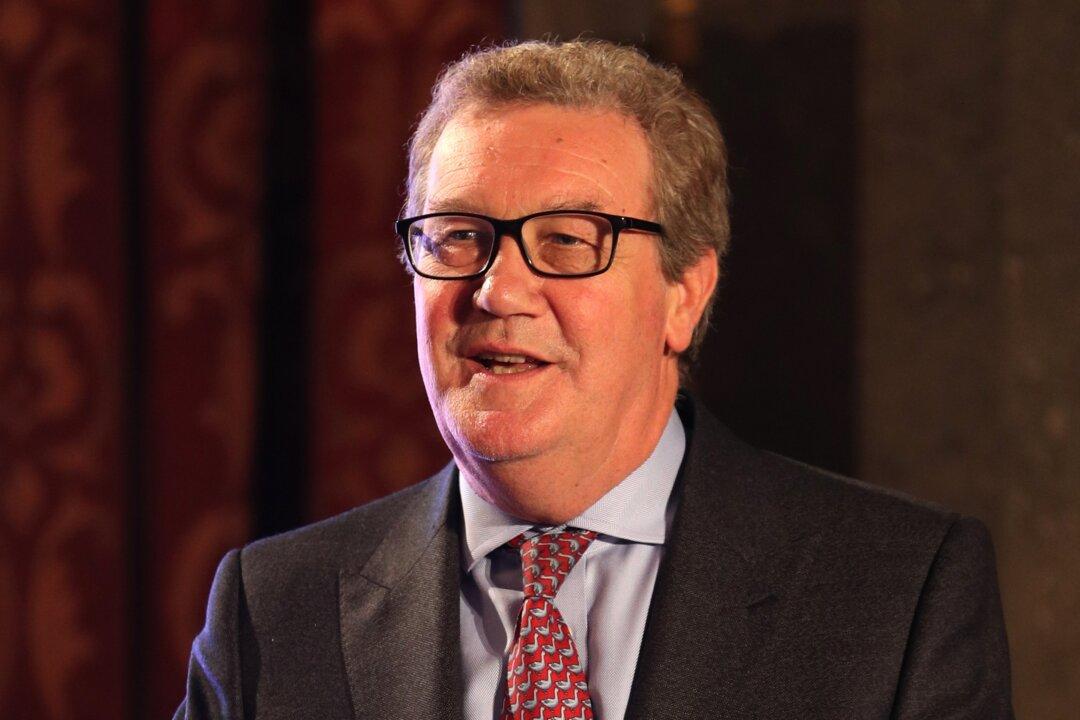News Analysis
Former Australian ambassador to the UK Alexander Downer has denied that the purpose of his 2016 meeting with George Papadopoulos, then-adviser to the presidential campaign of Donald Trump, was to entice the aide to talk about Russian meddling in the 2016 U.S. presidential election.





